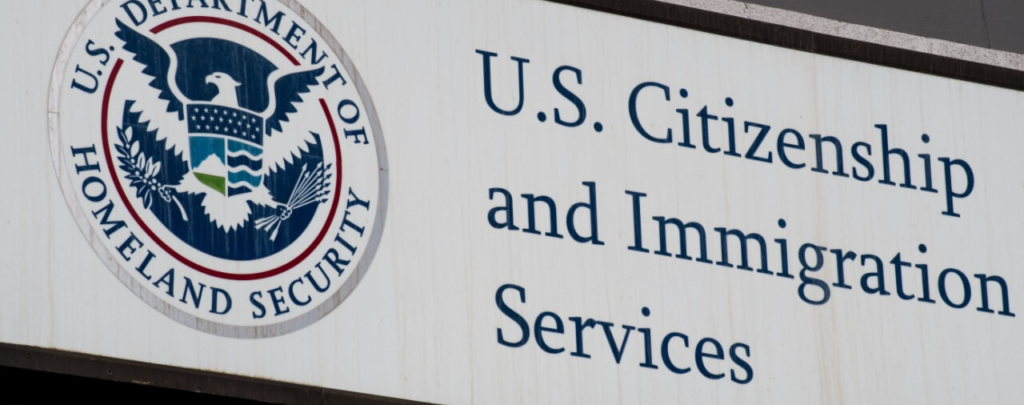Students who depend on undocumented parents are facing certain obstacles when matriculating at public universities.Often the greatest deciding factor for students in choosing where they will earn their degree is affordability. In an effort to make higher education more affordable for working class families-often comprised of minorities such as Latinos-States have established public universities with significantly reduced tuition rates for residents. Allowing more residents to gain specialized training or certification has significant economic advantages for the state. With higher education, better employment opportunities usually follow and therefore, generate better salaries for residents.
So, should a U.S. citizen who has lived in the state his or her entire life, has voted, and possess a valid driver’s license from the state enjoy public university resident tuition rates? The University of South Carolina’s administration does not necessarily think so. Students who may have jobs and pay state taxes may still, nonetheless, have to pay higher tuition rates if they depend on their undocumented parents.
I strongly believe that illegal entry into the country is a serious matter. Necessary steps should be taken to ensure that all entry into this country be documented; however, this administrative policy does not curtail illegal entry. Instead, it punishes the U.S. citizen student who wants to go to college and establish a career. Since it is unlikely that the undocumented families are likely to return to their native countries because of high tuition rates for their children, there is little, if any, noticeable result in deterring illegal entry into the country with this policy. The long-term economic result is likely to be decreased matriculation from U.S citizens in colleges. This decreased matriculation defeats the very purpose of lower tuition rates for state residents. With tuition rates increasing categorically at an alarming rate, I think universities cannot afford to deter a college education any further.




